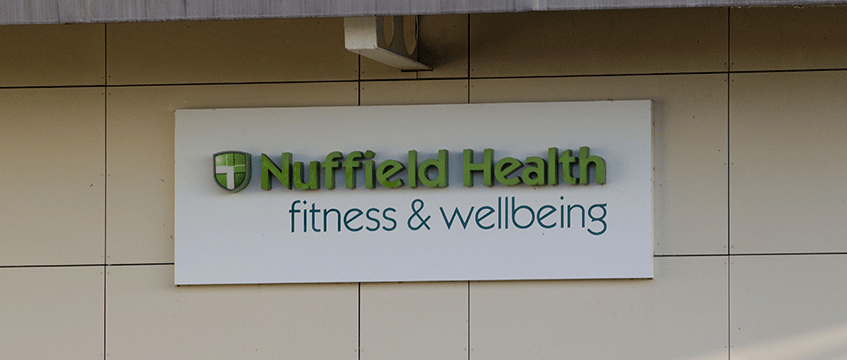Katherine Traynor and David Gregory consider the implications of an important Supreme Court decision
Question
I am a director of a company limited by guarantee and established exclusively for charitable purposes (ie for the public benefit). The company is registered as a charity and fulfils its purposes in a number of different premises. Although it has a charitable purpose, the company’s primary source of revenue is fees charged to members of the public for services provided. The billing authority has sent business rate demands. I believe the company can claim mandatory relief under sections 43(5) and (6)(a) of the Local Government Finance Act 1988. The billing authority has disagreed, on the basis that the premises are not used for charitable purposes, and has asked the company to demonstrate the charitable purpose for a particular site. Is the company entitled to relief from business rates?
Answer
If the company has charitable status and operates over multiple sites, it is entitled to obtain business rates relief on its premises without having to demonstrate that the specific activities carried out at each site would have qualified as charitable in their own right.
Explanation
This issue was recently considered by the Supreme Court in Nuffield Health v Merton London Borough Council [2023] UKSC 18; [2023] EGLR 28. Nuffield Health claimed charitable relief from business rates in respect of a gym in Merton Abbey, alleging it was entitled to the mandatory relief of 80% of the business rates that would otherwise be payable. The London Borough of Merton challenged Nuffield’s ability to claim the mandatory charitable relief in respect of its Merton Abbey gym, on the basis that Nuffield was not offering any public benefit from the members-only gym, “which excluded those of modest means from enjoying its facilities”.
The Supreme Court considered that two main conditions/requirements (to be tested by a two-stage enquiry) applied in establishing whether an entity qualified as a charitable body under the Charities Act 2011.
1. Is the ratepayer a registered charity and, if not, does the ratepayer fall within section 3(1) of the 2011 Act?
As a starting point, the billing authority is required to first consider whether the ratepayer is a registered charity – if it is, then the first condition would be satisfied because, under section 37(1) of the 2011 Act, the ratepayer is conclusively presumed to be a charity. If, however, the ratepayer is not registered as a charity, then the billing authority will need to consider whether it met the test for charitable status prescribed by section 3(1) of the 2011 Act. In these circumstances, the charitable status of the ratepayer is a question of charity law, namely, whether the ratepayer was established for exclusively charitable purposes and whether its activities satisfied the public benefit requirement, as set out in section 4 of the 2011 Act.
The purpose of the charity will usually be evident from the ratepayer’s constitution or, if registered, by simply reviewing the register maintained by the Charity Commission. However, the position is not as simple when the ratepayer is not registered. In such a case, the billing authority would have to consider the ratepayer’s activities as a whole, not merely a particular place where its activities are carried on. In your situation, the position appears relatively clear-cut as the company is a registered charity.
2. Are the premises in question used wholly or mainly for the charitable purposes of the ratepayer?
The second condition (that the premises be used wholly or mainly for charitable purposes) only needs to be considered if the ratepayer is a charity or trustee for a charity. This second enquiry is “factual and not a question of charity law”.
Accordingly, if your premises are being used for activities that are not for the purposes of the charity or incidental activities that are closely connected with the charitable purpose(s), then this second requirement would not be met. In contrast, if the premises are being used for charitable purposes, or are sufficiently connected with those purposes, then the second condition would be satisfied.
In Nuffield’s case, it was a registered charity with an essential purpose to promote, advance and maintain health. Those purposes were “irrebuttably presumed all to be charitable, in all the places where they are carried on and, viewed overall, to satisfy the public benefit requirement”.
The Supreme Court unanimously held that Nuffield was entitled to charitable relief of 80% from its business rates, in respect of a members-only gym, despite its services being provided at relatively high fees described by the Supreme Court as “for the rich but not the poor”.
Therefore, in your case, where your company is a registered charity and operates over multiple sites, you are entitled to obtain charitable relief without having to demonstrate that the company’s activities on a site-by-site basis would qualify as charitable in their own right.
Katherine Traynor is a barrister at Landmark Chambers, and David Gregory is an associate at Charles Russell Speechlys LLP








